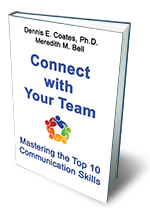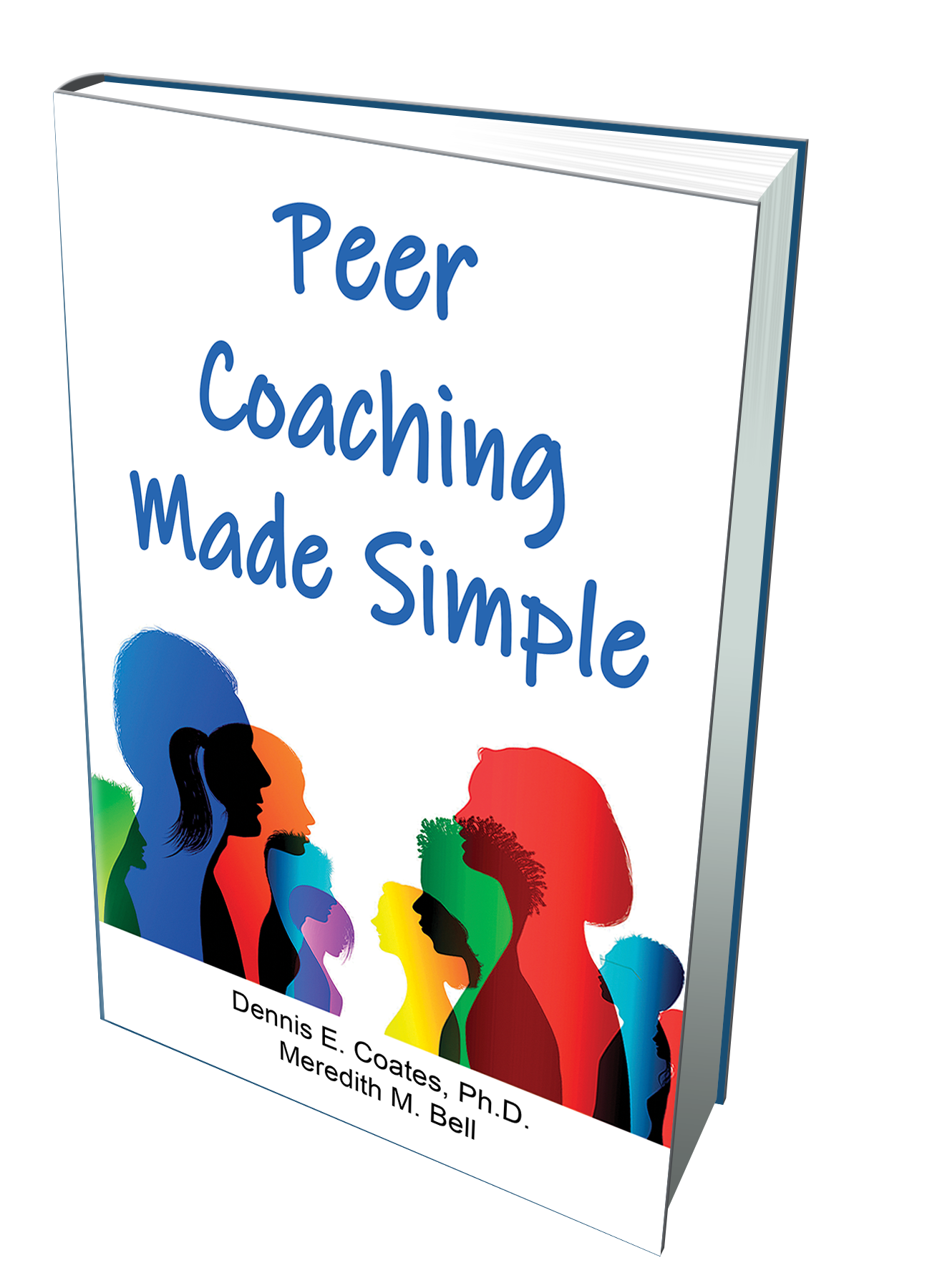
181: A Strong Sense of Belonging at Work
181: A Strong Sense of Belonging at Work
Imagine if your manager said this to you at your annual performance review: “I just don’t think you belong here.” Dr. Beth Kaplan heard those words, and that one sentence shattered her confidence in the moment. It also led her to pursue deep work in the area of belonging in the workplace. This conversation will give you a greater appreciation for the need that each of us have to belong, and what leaders can do to create that environment.
Beth is currently the global head of leader development and enablement at Dassault Systemes.
You’ll discover:
- Beth’s unique definition of belonging
- The person who has the greatest impact on a person’s sense of belonging at work
- The #1 thing people have told Beth they want at work
- Why Beth recommends organizations focus on POLICIES first before designing and implementing PROGRAMS related to DEI and belonging
- What leaders can do to minimize or eliminate workplace trauma






